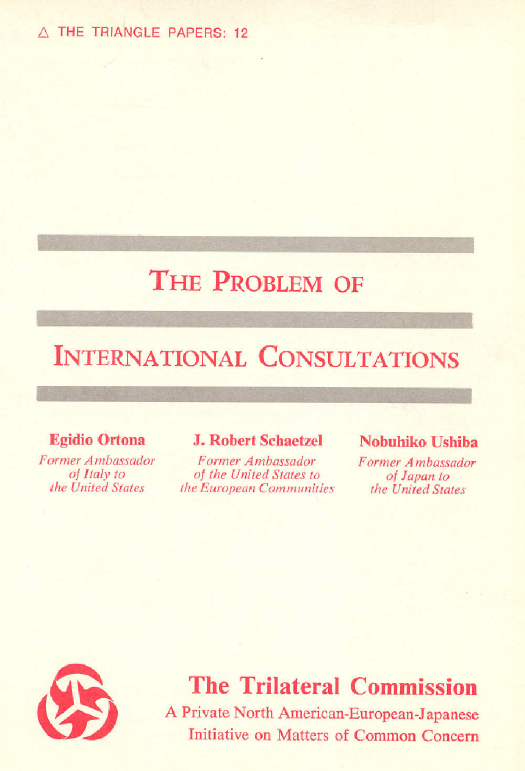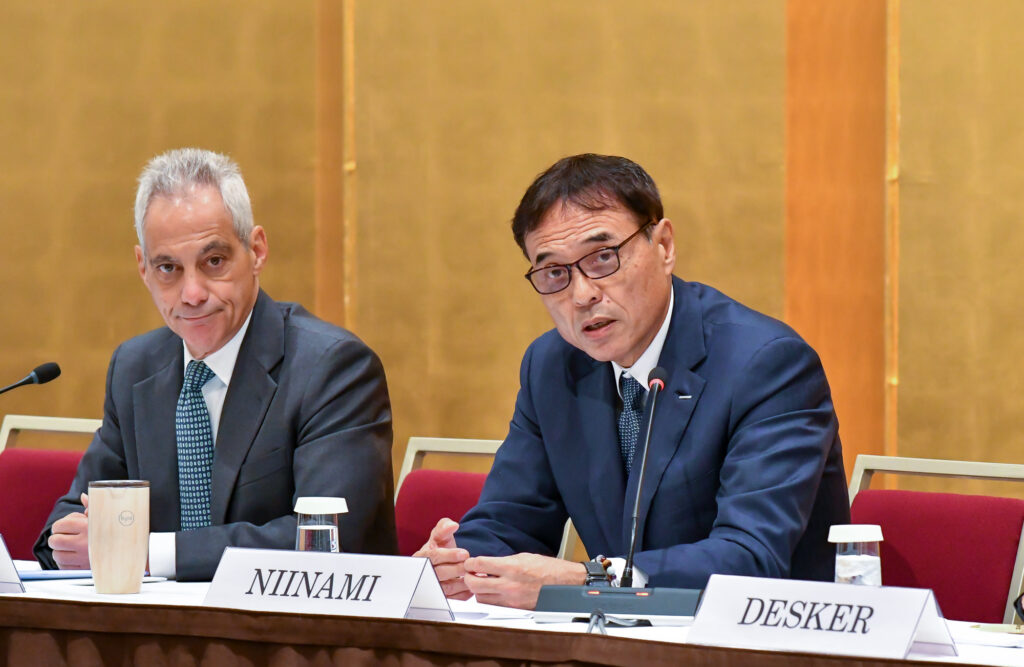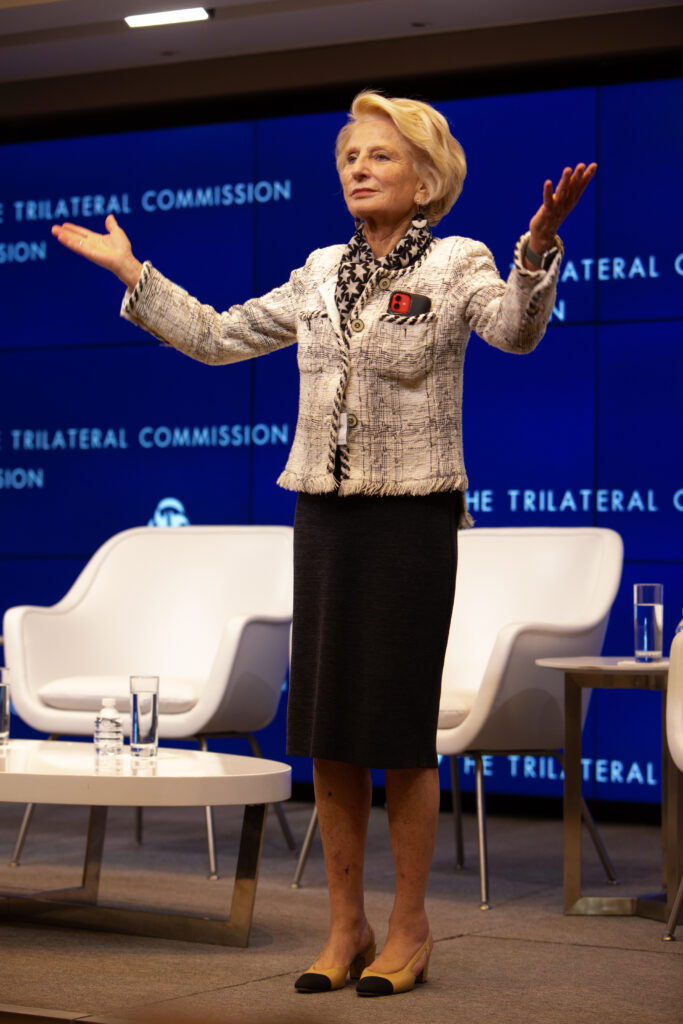Sherri Goodman
Sherri Goodman

Sherri Goodman serves as Chair of the Board at the Council on Strategic Risks, Secretary General of the International Military Council on Climate and Security, Senior Strategist and Advisory Board member at the Center for Climate and Security, and Senior Fellow at the Woodrow Wilson International Center’s Polar Institute and Environmental Change and Security Program. Sherri serves as Vice Chair of the Secretary of State’s International Security Advisory Board. She is also a member of the EXIM Bank Council on Climate.
Sherri is credited with educating a generation of US military and government officials about the nexus between climate change and national security, using her famous coinage, “threat multiplier,” to fundamentally reshape the national discourse on the topic. She is a frequent commentator on print, radio and television and has testified before numerous US Congressional committees as well as foreign governments on the subjects of climate, energy, water and national security.
Sherri served as the President and CEO of the Consortium for Ocean Leadership. Earlier she served as Senior Vice President and General Counsel of CNA (Center for Naval Analyses) where she was also the founder and Executive Director of the CNA Military Advisory Board, whose landmark reports include National Security and the Threat of Climate Change (2007), and National Security and the Accelerating Risks of Climate Change (2014), Advanced Energy and US National Security (2017), and The Role of Water Stress in Instability and Conflict (2017) among others. The film The Age of Consequences in which Sherri is featured, is based on the work of the CNA Military Advisory Board.
Sherri served as the first Deputy Undersecretary of Defense (Environmental Security) from 1993-2001. As the chief environmental, safety, and occupational health officer for the Department of Defense (DoD), she established the first environmental, safety and health performance metrics for the Department, and led its energy, environmental and natural resource conservation programs. Overseeing the President’s plan for revitalizing base closure communities, she ensured that 80% of base closure property became available for transfer and reuse. She led the Secretary’s Arctic Military Environmental Cooperation program which developed a container for storage of spent nuclear fuel for liquid waste from Russian nuclear submarines.
Sherri served on the staff of the Senate Armed Services Committee where she was responsible for oversight of the Department of Energy’s nuclear weapons complex, including research and development of nuclear materials and national labs, and environmental cleanup and management. She has practiced law at Goodwin Procter, as both a litigator and environmental attorney, and has worked at RAND and SAIC.
Sherri has received numerous honors and awards, including an Honorary Doctorate from Amherst College in 2018, the Department of Defense Distinguished Service Award in 1998 and 2001, the Gold Medal Award from the National Defense Industrial Organization in 1996, and the Environmental Protection Agency’s Climate Change Award in 2000.
Sherri chairs the board of Sandia National Laboratories External Advisory Board on Energy and Homeland Security and serves as Vice-Chair of the University Corporation for Atmospheric Research. She also serves on the Boards of the Atlantic Council, the Joint Ocean Commission Leadership Council, the Marshall Legacy Institute, Schneider Electric Buildings Critical Systems, the National Academy of Sciences’ Advisory Committee of the US Global Change Research Program, and the Woods Hole Oceanographic Institution. She is a life member of the Council on Foreign Relations, served on its Arctic Task Force and chaired the Advisory Board on Governing Solar Geoengineering.
Previously, she served on the Department of Energy’s Environmental Management Advisory Board, and the Boards of Blue Star Families, the Committee on Conscience of the U.S. Holocaust Museum, the National Academy of Sciences’ Boards on Energy and Environmental Systems (BEES) and Environmental Systems and Toxicology (BEST), and the Secretary of State’s International Security Advisory Board, where she co-authored studies on Arctic Security and Energy Security.
Sherri has written a book, The Neutron Bomb Controversy: A Case Study in Alliance Politics, and authored dozens of reports and articles on a broad range of climate, energy environmental and national security matters. She is a frequent presenter and lecturer to governments, private and public sector organizations, and academia. In recent years she has spoken at Harvard Kennedy School, MIT, Princeton, Yale, Stanford, University of Chicago, University of Pennsylvania, Middlebury College, Norwich University, University of Idaho, University of Arizona, Virginia Tech, and Georgetown University. She has been an Adjunct Lecturer in International Affairs and Security at the Harvard Kennedy School and an Adjunct Research Fellow at the Kennedy School’s Belfer Center for Science and International Affairs.
A summa cum laude graduate of Amherst College, she has degrees from Harvard Law School and Harvard Kennedy School.




